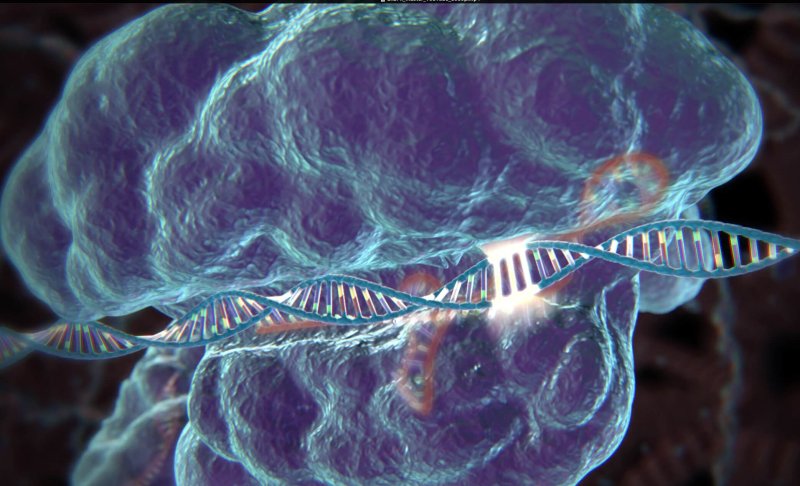The GLP aggregated and excerpted this blog/article to reflect the diversity of news, opinion and analysis.
In an extraordinary dispute before the US Patent and Trademark Office (USPTO), university lawyers laid out their clients’ legal strategies for claiming patents that cover the celebrated gene-editing technology CRISPR–Cas9. Over the next year, the USPTO will receive volumes of evidence centred on who first invented the technology.
Battles over scientific priority are as old as science itself. But the CRISPR–Cas9 patent dispute is unusual because it pits two leading research institutions against one another for the control and industrial development of a foundational technology: the University of California, Berkeley (UC Berkeley), and the Broad Institute of MIT and Harvard in Cambridge, Massachusetts.
As scientific institutions increase their involvement in the commercialization of research, it is worth considering the potential consequences for science if more institutions follow the path of UC Berkeley and the Broad Institute.
The financial stakes are high. The CRISPR–Cas9 patents are widely viewed to be worth hundreds of millions, if not billions, of dollars. Both organizations have invested directly in spin-off companies that were co-founded by their researchers — the Broad Institute in Editas Medicine, co-founded by Zhang, and UC Berkeley in Caribou Biosciences, co-founded by Doudna. A report submitted by Editas in January to the US Securities and Exchange Commission lists the Broad Institute and other Harvard-affiliated institutions as owning a major equity stake in the company: about 4.2% of its common shares.
Read full, original post: CRISPR: Pursuit of profit poisons collaboration































